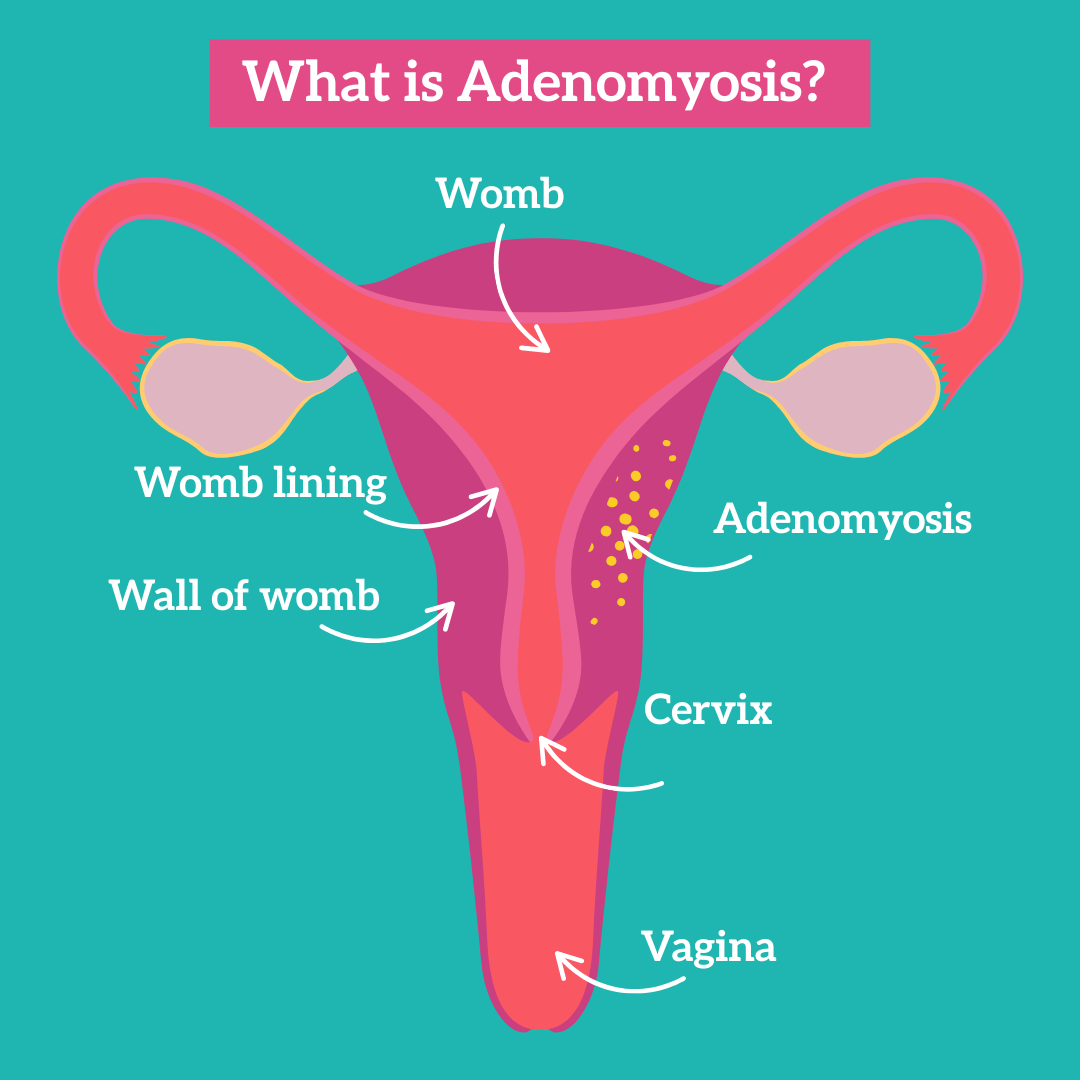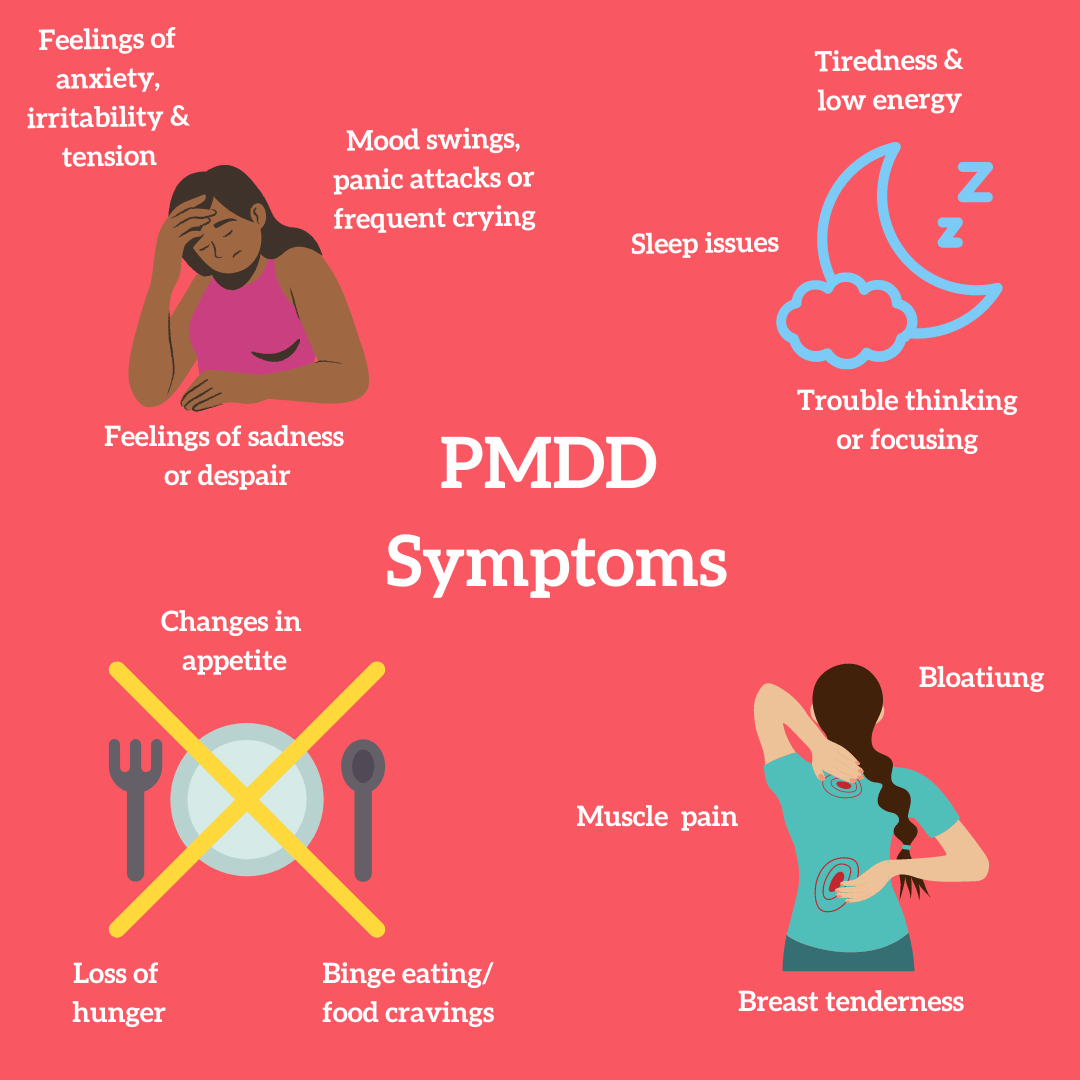Postnatal PTSD and birth trauma

Birth trauma is the symptoms of distress that you might experience after having gone through, or witnessed, a traumatic birth. In some cases these symptoms can be enough for a diagnosis of post-traumatic stress disorder (PTSD).
Studies have shown that around 4-5% of women experience PTSD after birth –between 25,000-30,000 a year in the UK.
Birth trauma can also be experienced by birth partners, with research suggesting that about 1% of partners develop PTSD after seeing their partner go through a traumatic birth.
Possible causes of birth trauma/PTSD:
- a long difficult labour with unplanned interventions or a long painful delivery
- unplanned caesarean section
- emergency treatment
- postpartum haemorrhaging
- your baby being born prematurely, or unwell
These traumatic experiences can have a negative effect on your relationship with your baby, your partner, and the people around you. Which is why it is important to seek help and support.
Not experiencing the childbirth you were hoping for can leave you feeling unhappy and distressed. And you might also feel angry if you felt that the delivery wasn't handled well. Especially if you were denied pain relief, or had procedures performed without your consent.
If you are thinking of, or planning to have another baby, you may also feel anxious that you could have the same trauma or similar experience again.
Professional help and support
The Birth Trauma Association (BTA) is a great resource set up to help women and their partners after trauma. They have a download that you can access if you are thinking about having another baby, to help guide you through the decision.
If diagnosed with PTSD the BTA recommends the following two therapies to treat trauma symptoms:
Eye movement desensitisation and reprocessing (EMDR)
Both treatments try and move the experience of trauma away from short-term memory into long-term memory. To stop the trauma being something that you are re-living everyday.
The BTA website states that this will usually involve between six to twelve therapy sessions. Which will be quite intense because you will have to relive all aspects of the trauma. The idea being that by the end the traumatic event becomes “boring” – you will be able to remember it without feeling the same levels of emotion or anxiety.
For further information and support, please visit the Birth Trauma Association, or Mind websites.




Comments